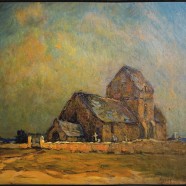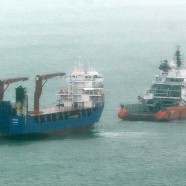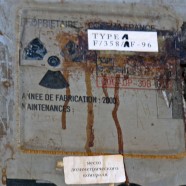Stocamine* and Cigéo** in the Same Boat
*Stocamine at Wittelsheim near Mulhouse was a center for deep Storage- 550 meters- for non-recyclable and non-radioactive toxic waste in a salt bed. Between February 1999 and September 2002, 44,000 tons of waste has been stored there.
** Cigéo is at the borders of the Meuse and Haute-Marne is an in depth storage project – 500 meters – for non-recyclable radioactive waste in a layer of clay.
In 1997, the prefectural authorization for Stocamine included a 30-year operation and demanded removal of the after that term except in case of an authorization renewal. Reversibility was accompanied by technical and financial provisions ensuring, at any time, the withdrawal of all or some of the waste.
Nuclear waste
The return of nuclear waste in Germany is legitimate. This waste is an inevitable byproduct of reprocessing spent fuel from German nuclear reactors. The return of waste conforms to contracts signed by the German and French nuclear industries as well as their respective governments.
Each country that took the decision to invest in the nuclear industry and prefers reprocessing is responsible for the waste. European countries use the reprocessing plant in La Hague Peninsula as a means to differ national management of nuclear waste. Until further notice, Germany decided to abandon nuclear power. This does not lessen the country’s responsibility of all nuclear waste that was produced in Germany by itself or its foreign subcontractors. Leaving nuclear power imposes both reflection and a call to action on waste management of production and dismantling materials.














